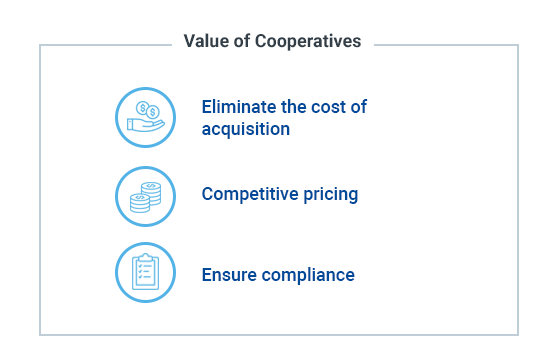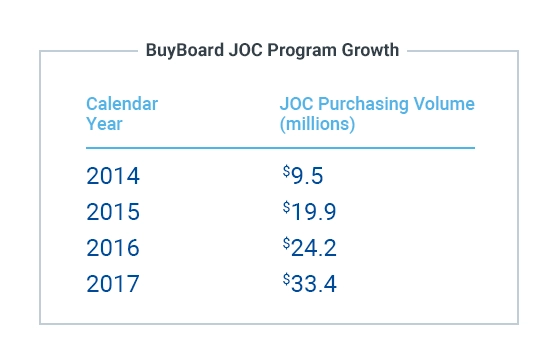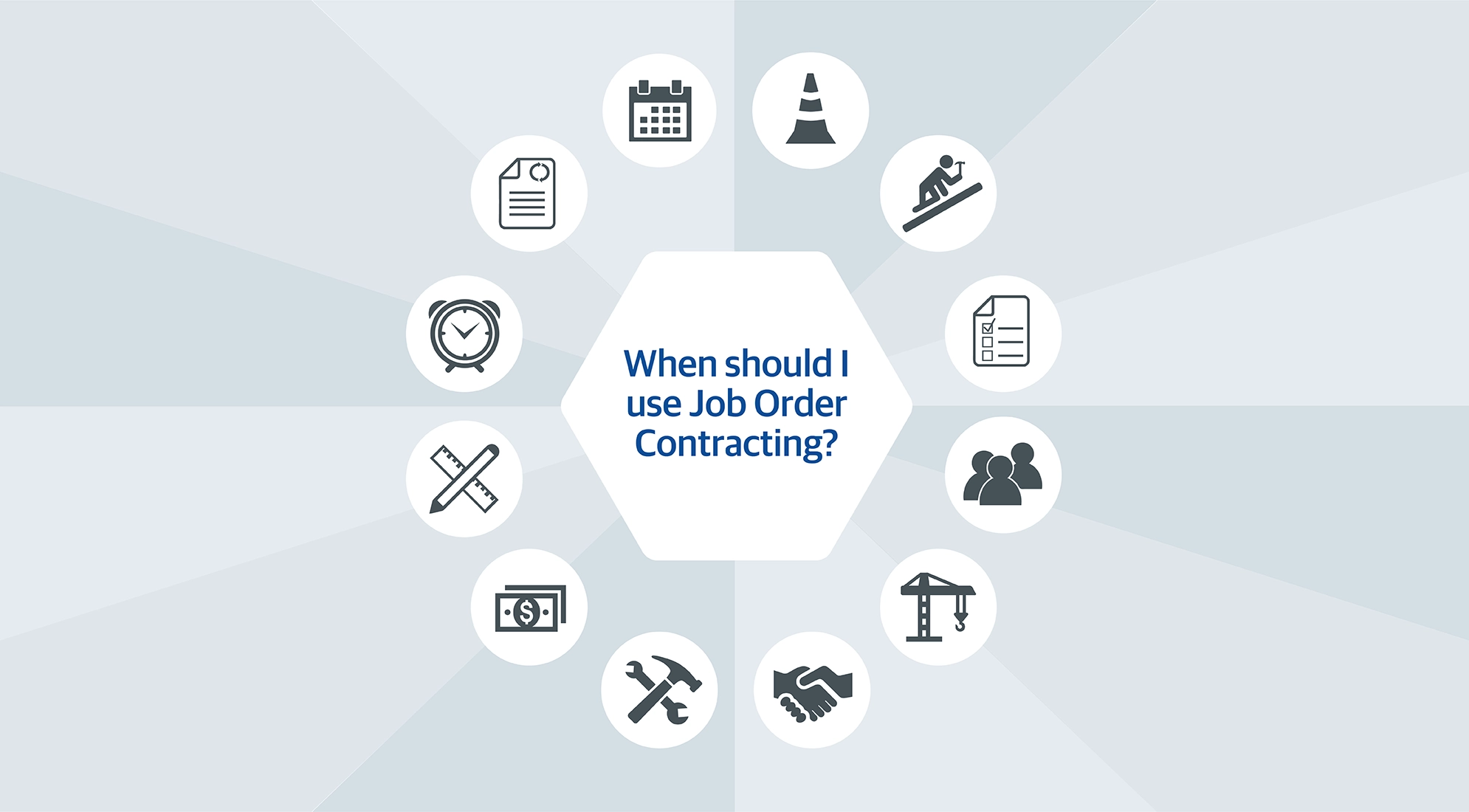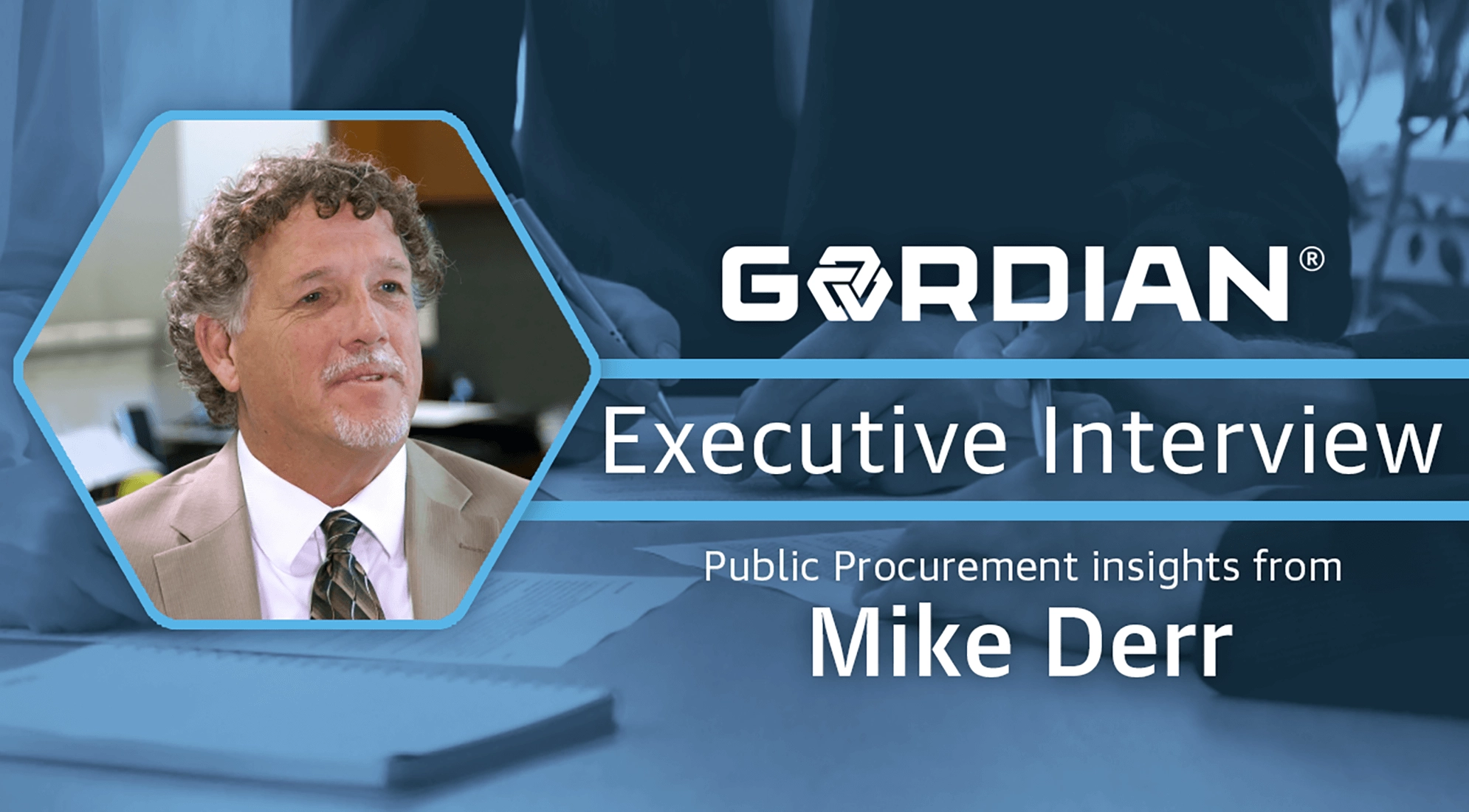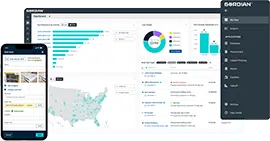Cooperative Purchasing Insights from Steve Fisher
The pressure to do more with less is forcing organizations to implement more creative solutions to complete construction projects. Due to this trend, organizations are increasingly turning to cooperative purchasing networks to procure construction.
BuyBoard® Purchasing Cooperative has experienced a rise in construction services. With more than 5,100 Texas members and $1.1 billion in annual purchase volume, BuyBoard has been a cooperative purchasing source for local government agencies and nonprofit organizations in Texas for 20 years. The cooperative was created to increase the purchasing power of government agencies and to simplify their purchasing process.
Steve Fisher, Director of Cooperative Services for BuyBoard, has worked with local governments throughout Texas for more than 32 years. He shares past experiences and cooperative purchasing strategies for repair and renovation projects that simplify and streamline the construction procurement process.
What is the biggest challenge impacting public procurement today?
The biggest challenge within the procurement industry today is the lack of staff resources available. As budgets get tighter, you have the same number of people doing more and more functions and jobs. So you have to do more with less. That’s where a co-op can fill in the gaps. Co-ops allow these entities to take their existing staff and focus them on bigger picture things and not worry about the more mundane type of procurement.
What is the biggest challenge impacting the construction industry?
Well, I think the challenge has always been getting qualified contractors. You know, with Texas being a big state, it’s hard to find what are called “regional contractors.” It’s great to find them in the metroplexes, but those guys aren’t going to go out to west Texas and do a job. So trying to find enough local contractors that are more regionally based is a challenge.
How do cooperatives like BuyBoard add value to the procurement landscape?
We like to talk about the cost of acquisition, when you go buy something there’s always this cost of acquisition—what did it cost you to get to that point? One of the big values co-ops bring is the cost of acquisition is basically eliminated because the entity doesn’t have to go through those steps. They can basically go directly to a vendor and start working. It’s a win-win for everybody, whether it’s a big entity or a small entity, because they all benefit from the lower administrative cost of not having to go through this procurement process.
Plus, you have access to qualified vendors and a vetting process that has already gone into place. They get a competitive price, eliminate administrative internal costs and have a compliant procurement process that’s been followed. This gives them the confidence that what we do as a co-op meets their standard, their own internal procurement requirements and anything that might be handed down from the state level. Compliance is another big benefit of using a co-op.
What trends are you seeing in cooperative procurement, and how will they positively impact the industry?
I truly think the construction side will be a growing trend. The commodity side has always been there. It’s one thing to buy products, commodities and equipment, but I think the need to do more with less has forced organizations to figure out a more creative solution to get construction projects done. When we are talking about renovations, remodeling, maintenance, repair and that kind of work, that’s going to be a growing trend. As budgets get tighter, that’s the last thing they want to spend money on -trying to maintain or rehabilitate a building. As bond issues start to happen, organizations have the money, but they don’t have a procurement avenue or methodology to get this work done. So they start looking at co-ops, and how they can help.
What construction services does BuyBoard have available to its members?
BuyBoard has a Job Order Contracting (JOC) program called ezIQC® to help members with their construction and maintenance projects. We’ve partnered with Gordian for years to offer our members access to ezIQC®, allowing our members to purchase construction services and immediately access competitively awarded contractors. The services Gordian provides certainly add value to the whole equation, whether it’s the contractor or owner.
What are the major benefits of ezIQC to your members?
I think it goes back to the cost of acquisition aspect. There’s no real cost to get involved. We’ve always said if you’re not that familiar with it, just give it a try. Stick your toe in the water and do a project and see how it goes.
Then I think the benefits become more apparent to an owner, in that, how fast things can happen. They can move through their project lists or maintenance lists quickly.
The ezIQC/JOC process also helps foster communication. So when you go to walk a job, you’ve got three parties that are listening to what the scope of this project is. There is an opportunity to get differences worked out before it’s into a proposal stage, which I think is very helpful. Versus the other side where the process is typically, “Here is a proposal, here’s what we are going to do for you.” If a project isn’t done the way the entity expected, that’s when the issues begin to mount up and arise. Communication through a Gordian representative with the building owner and contractor is very helpful. It brings the two parties together and there is a mutual understanding before anything even gets started. I think it brings a lot of value and benefits to the owner because they truly have somebody that’s in their court. They also have the co-op on their side. It is good to have two people in that equation to represent the owner as well as the contractor.
Do you have any advice for organizations interested in procuring construction via ezIQC?
Just give it a try. Again, no harm, no foul. The ability to access it with no cost makes it a no brainer. You aren’t having to do any procurement to get access to it, so give it a little spin – a little drive down the road. Start with something that is small and simple to see how it works. You get a feel for it and then grow it from there. Its like planting a seed. Get that seed in the ground, keep watering it and see where it goes.
In your opinion, what is the key to a successful project?
I think it’s the relationship with the contractor and open communication –making sure everybody is on the same page. The issues we see arise are because something wasn’t communicated correctly. I think success comes from developing a relationship between the contractor and building owner. Hopefully that relationship turns into a long-term relationship, and the contractor can be in there for many years.
Steve Fisher Bio
Steve Fisher is the Director of Cooperative Services for BuyBoard.
He has spent a combined 29 years with the Texas Association of Schools Boards and the Texas Municipal League working with schools and cities throughout Texas. Steve joined Ambac Connect, one of the early innovators of government to business e-commerce, in 1996 and began to develop government client relationships and the BuyBoard e-commerce application nationwide. Steve is a graduate of Iowa State University with a degree in Marketing and General Business.
Subscribe to the Executive Interview Series to access monthly insights from industry experts.


